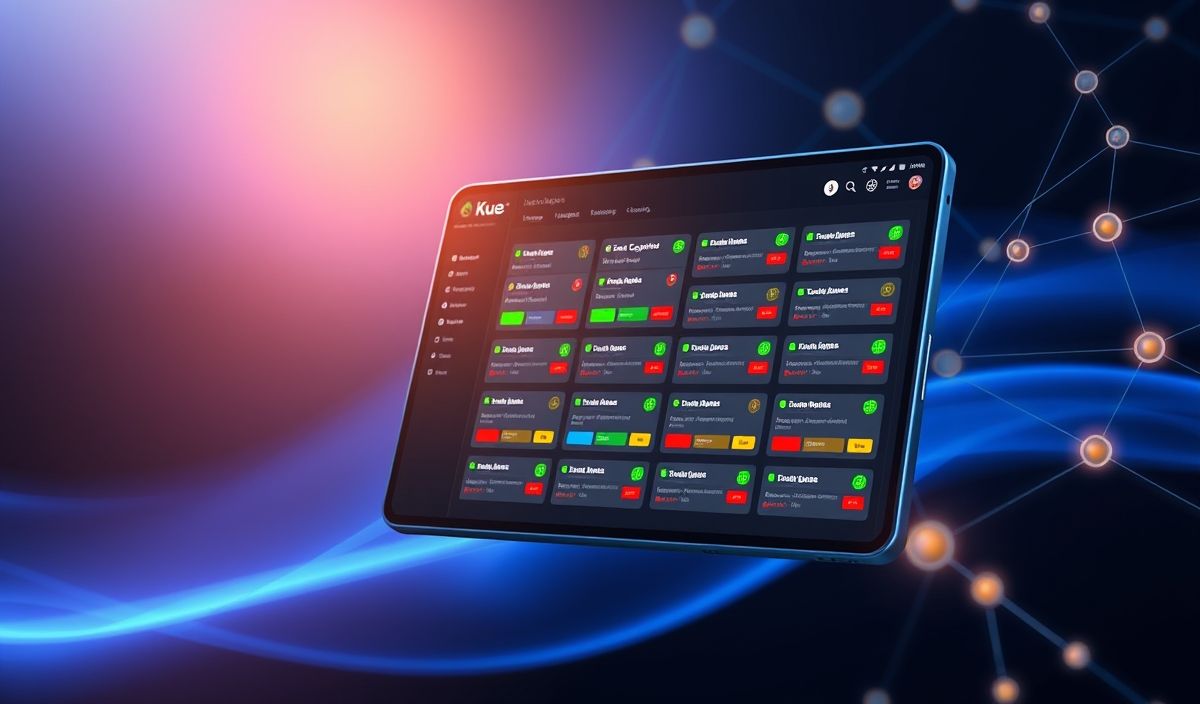Introduction to Dockerode
Dockerode is a Node.js library written specifically for managing Docker containers. It provides a rich set of APIs that allow developers to interact programmatically with Docker, making container management tasks efficient and automated.
Getting Started with Dockerode APIs
Dockerode offers numerous APIs to handle Docker operations. Below, we will explore some of the most useful APIs with code snippets to demonstrate their functionalities.
Installing Dockerode
npm install dockerodeCreating Dockerode Instance
const Docker = require('dockerode');
const docker = new Docker({ socketPath: '/var/run/docker.sock' });
Listing Docker Containers
docker.listContainers({ all: true }, function (err, containers) {
console.log(containers);
});
Creating a New Container
docker.createContainer({ Image: 'ubuntu', Cmd: ['/bin/bash'], name: 'test' }, function (err, container) {
container.start(function (err, data) {
console.log(data);
});
});
Starting a Container
docker.getContainer('test').start(console.log);
Stopping a Container
docker.getContainer('test').stop(console.log);
Removing a Container
docker.getContainer('test').remove(console.log);
Building a Simple Dockerode App
Let’s create a simple Node.js application using Dockerode to manage Docker containers. Below is the code structure for a basic app.
app.js
const express = require('express');
const Docker = require('dockerode');
const app = express();
const docker = new Docker({ socketPath: '/var/run/docker.sock' });
app.get('/containers', (req, res) => {
docker.listContainers({ all: true }, function (err, containers) {
res.json(containers);
});
});
app.post('/start-container', (req, res) => {
const container = docker.getContainer(req.body.id);
container.start(function (err, data) {
res.json(data);
});
});
app.post('/stop-container', (req, res) => {
const container = docker.getContainer(req.body.id);
container.stop(function (err, data) {
res.json(data);
});
});
app.post('/remove-container', (req, res) => {
const container = docker.getContainer(req.body.id);
container.remove(function (err, data) {
res.json(data);
});
});
app.listen(3000, () => console.log('Server running on port 3000'));
With this simple app, you can manage Docker containers via HTTP endpoints. Dockerode’s robust API makes it convenient to integrate container management capabilities into your Node.js applications.
Hash: f922e25d7513de180f493e8515eb9bf014fadd6c792ad0a68794b91e21b40e42




